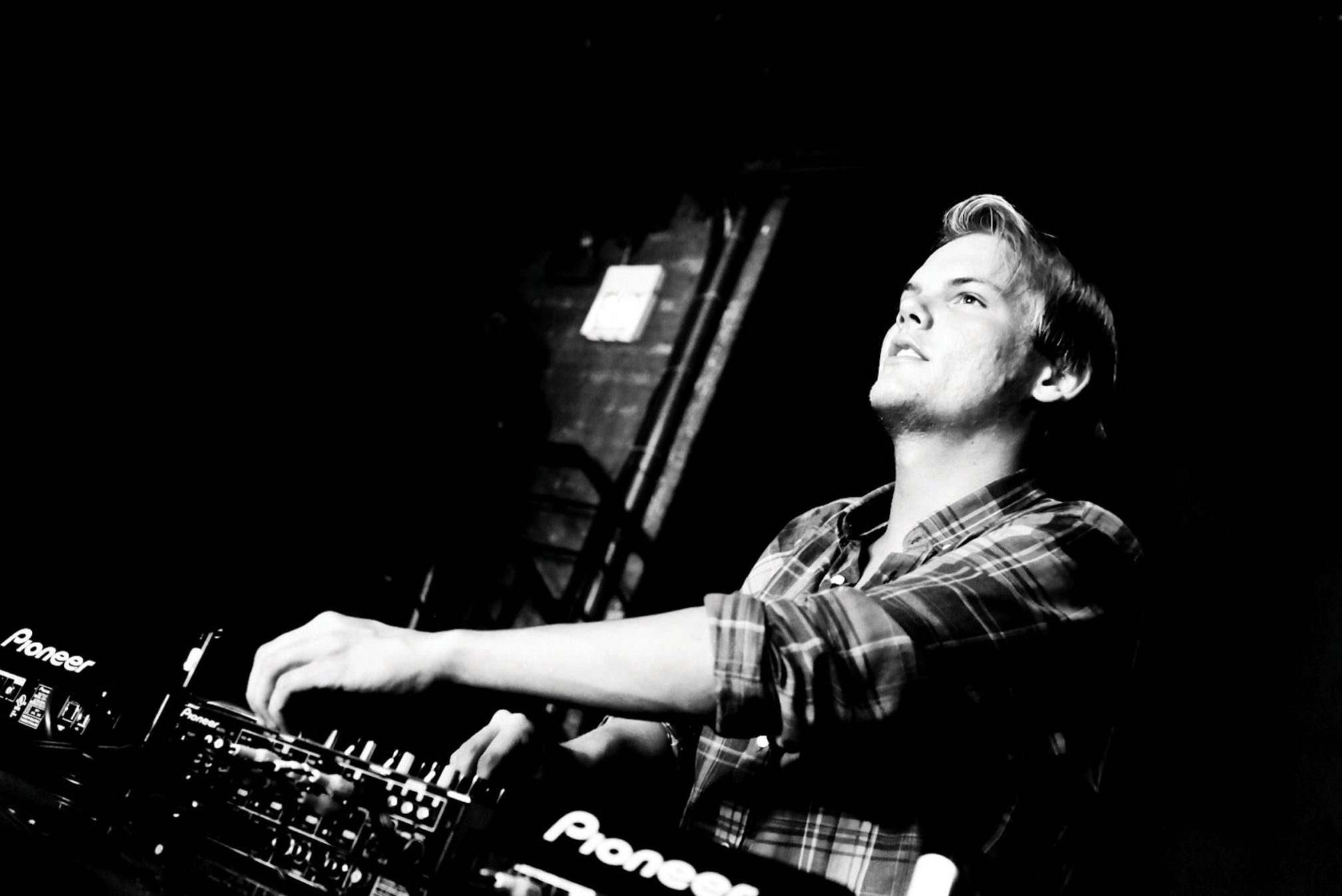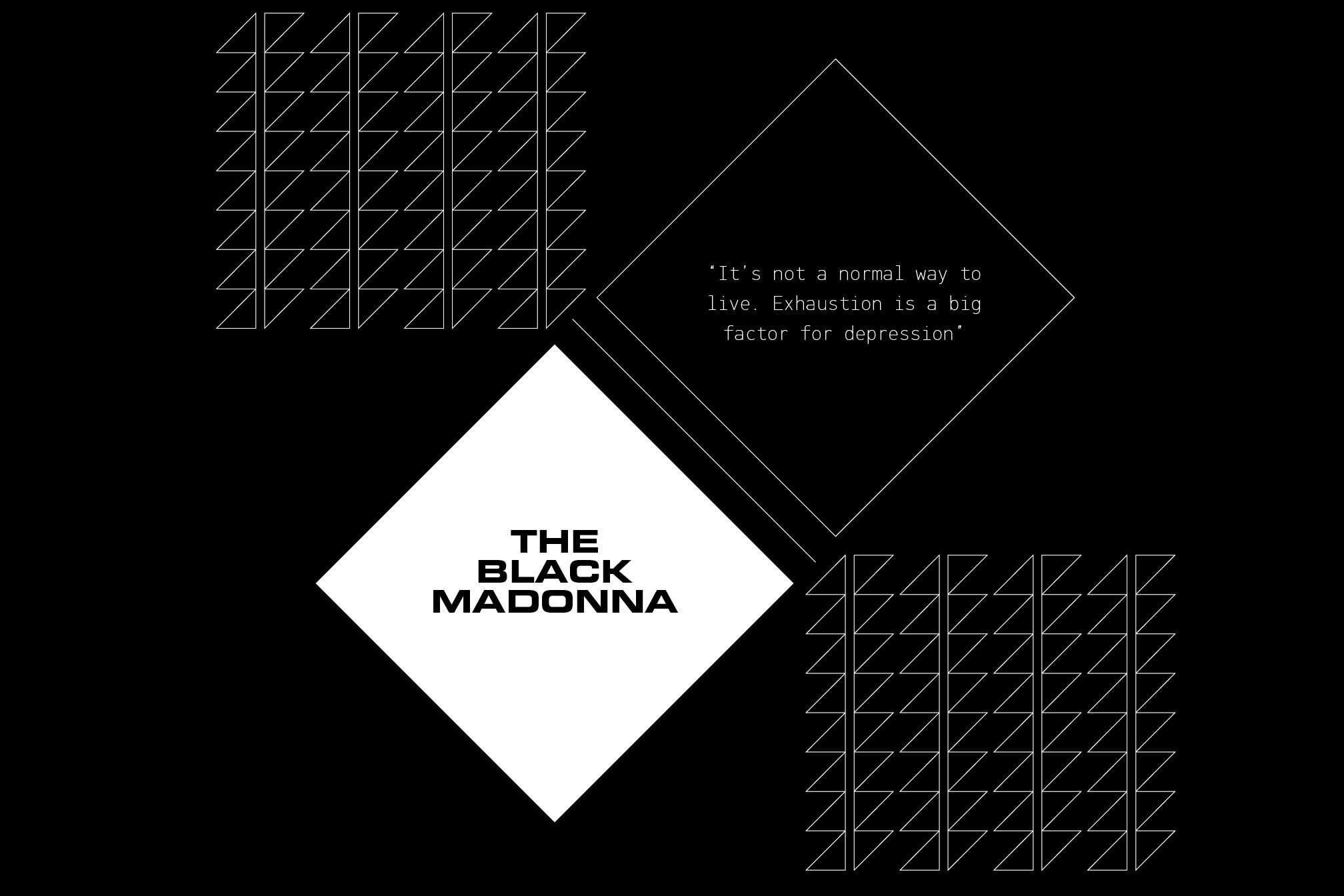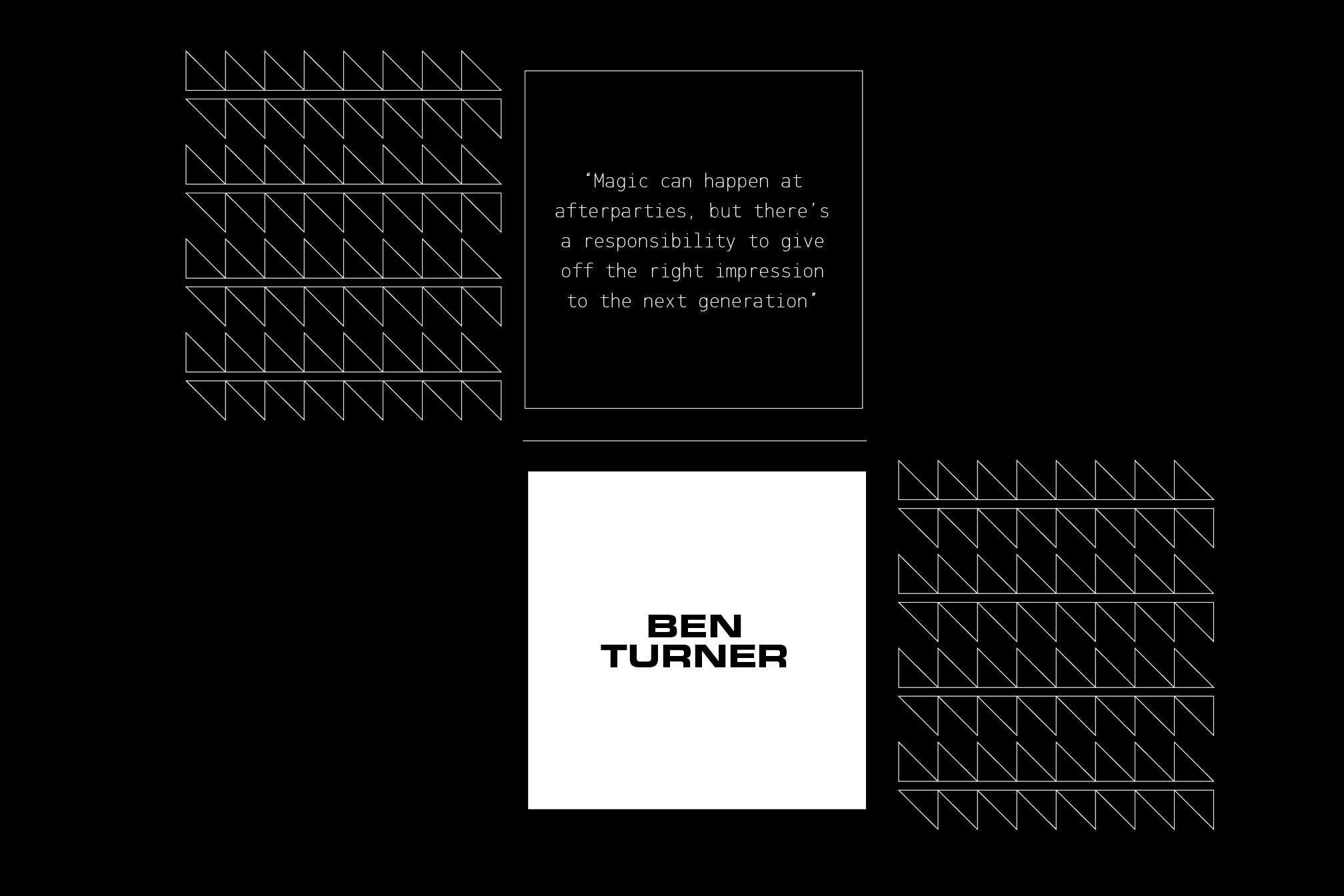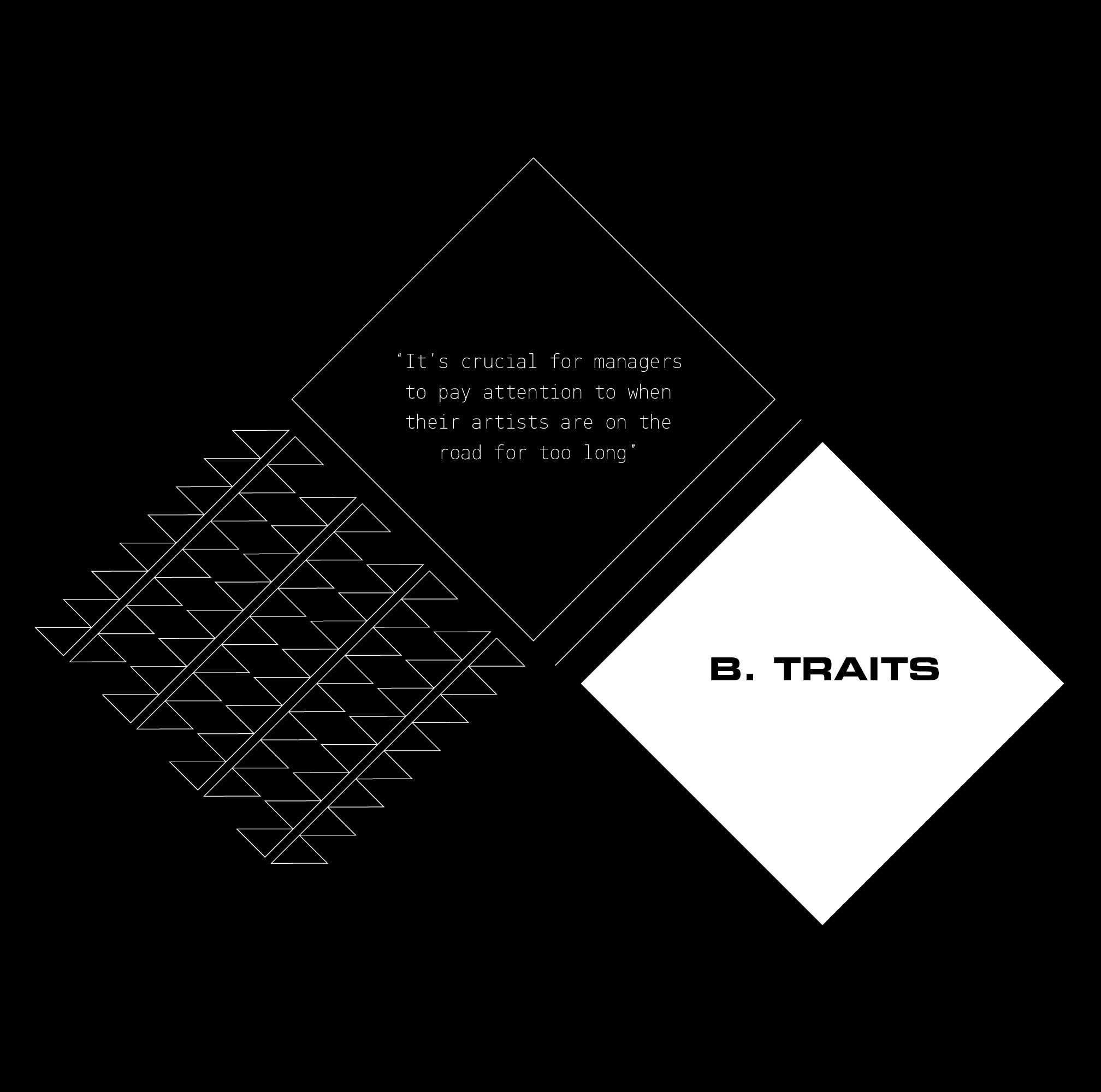 Features
Features
How has the music industry learned from Avicii's death?
After Avicii's tragic suicide, the conversation around mental health in electronic music has developed this year - but bad habits still remain
Avicii, real name Tim Bergling, died by suicide in April this year at age 28. The effect on the dance music community was as jarring as a speaker blowing out mid-headline set. Avicii’s unwavering, precise understanding of what made a dancefloor throb with life catapulted him into the EDM stratosphere, but the pressures of non-stop touring led him to develop issues with alcohol misuse, as well as anxiety. After his death, his family issued a statement which pointed the finger at the music industry as a major factor precipitating his mental health crisis. “Tim was not made for the business machine he found himself in; he was a sensitive guy who loved his fans but shunned the spotlight,” it read. “[He was] an over-achieving perfectionist who travelled and worked hard at a pace that led to extreme stress.”
Avicii had spoken of his mental health struggles in his documentary Avicii: True Stories, only to have them seemingly dismissed by his management. But DJs shouldn’t be treated like circus animals and flogged for profit until they finally can’t perform any more. If anything good can come out of the death of a 28-year-old, it should provide a much-needed wake-up call for an industry that has, for too long, viewed mental health as an inconsequential addition to an artist’s rider, easily left off or ignored. But as we bid farewell to 2018, have things actually changed at all?

For a while, it seemed like it might. Avicii’s suicide sparked an industry-wide conversation about the wellbeing of artists, and influential music summit IMS Ibiza announced that its 2018 edition would focus on mental health. It also launched a three-day wellness retreat, Remedy State, which featured lectures from doctors, nature walks, and breathing workshops. And the team behind Remedy State will also shortly be launching a wellness-focussed, 24-hour radio station.
“Avicii’s death happened in the middle of preparations for Remedy State,” says IMS co-founder Ben Turner. “It suddenly felt like everybody was prepared to talk openly about these issues. It’s encouraged people to be much more open-minded [about mental health] and understand that even if you’re the most successful person on the planet, you can still be the most unhappy.”
Many can remember exactly where they were when news broke of Avicii’s suicide. “It was a really stunning moment,” says The Black Madonna, real name Marea Stamper. “It was a big wake-up call for a lot of people in the industry,” agrees Blaise James, former label manager for Skrillex and co-founder of Remedy State. “But it’s unfortunate that it’s taken an artist of his profile and calibre to have that effect, because smaller artists who are not Avicii are suffering and dying all the time. And people don’t necessarily hear about that.”
It’s difficult to overstate just how psychologically damaging the experience of life as a touring DJ can be. The sleep deprivation; the mind-numbing fatigue; the jet lag; the shit airport food; the isolation; the never-ending banquet of free drugs and booze. Most of the artists I speak to can share stories of being ground out whilst on the road. “It’s not a normal way to live,” Stamper says. “Exhaustion is a big factor for depression.”
And just because not all artists are as big as Avicii, doesn’t mean they’re not struggling. If anything, underground DJs have a rougher time of it, because they’re not making enough money to take a break from touring, as Avicii did in 2016. “When you’re doing the EDM thing, you’re basically a manufactured superstar making millions,” James explains. “It’s easier to finesse those problems when you’ve got money to throw at them. But the guys in the underground, they’re doing all the things EDM guys do – not seeing their family, eating garbage food at the airport every day – and they’re doing it for £2k a gig.”

But there are some indications that more people are getting support. Help Musicians UK (HMUK) works with artists who may be struggling. “Musicians sometimes lead a somewhat turbulent life,” explains spokesperson Joe Hastings. “It can be exciting, frenetic and full on, but this fast-paced speed
of life can mean that health checks – physical or mental, on ourselves or those around us, get lost in the tide.” They’ve seen a significant increase in applications for help from industry professionals experiencing difficulties in recent years. But there is still much more to be done. According to one HMUK report, people working in the music industry were three times more likely to suffer mental health issues than the general public.
Avicii spoke candidly of his issues with manager Arash Pournouri in Avicii: True Stories, explaining how he believed he was being pushed to continue touring even as he struggled with anxiety and addiction (Pournouri insisted that the editing of the documentary created a false impression). Avicii’s step-father, Tommy Körberg, recently appeared on Swedish podcast Varvet to criticise Pournouri for making Avicii play 900 gigs in an eight-year period. “When greed and stupidity go hand in hand, anything can happen,” Körberg said.
Managers should have an important role to play in safeguarding their artists’ mental health – including making difficult decisions on their behalf. An incident at one of her gigs in 2015 was pivotal in transforming B.Traits’ expectations of what good management looks like. She was left shaken after an obsessive fan had to be physically removed from a venue, unable to sleep for fear he’d track her down at her hotel. But her management advised her to just keep going. She ended up having an anxiety attack in an airport, en route to her next show. “My management team at the time advised me that if I didn’t make it to my next gig, I would be upsetting the promoter, and cancelling would be bad for my career and reputation,” she says. The experience was a turning point. “What should have happened is that my management should have taken the choice out of my hands and sent me home on the first available flight.” She subsequently changed management. “It’s crucial for managers to pay attention to when their artists are on the road for too long, and insist on pulling them out if needed.”
But there are managers in the industry setting a gold standard for how you treat artists. When Ben Pearce cancelled all his gigs for mental health reasons in 2016, the response from fans and peers alike was overwhelmingly compassionate and supportive. “I learned a lot during that period,” his manager Matthew Stuart tells us. “I quite selfishly thought at the time,’Oh, there’s a load of commissions I’m not going to get now’. So I said, ‘Are you sure you want to cancel?’ But when I went round to see him and realised how serious the situation was, I was like, I get it now. We have to cancel these gigs. Never mind the money, this has to stop. That was the day my mindset changed.”

A good manager, Stuart explains, monitors how their artist is coping on the road. “I check in,” he says. “Just asking, ‘How are you doing? Where’s your head at? Have you slept?’” Ellie Shaw from Nerve Artist Management, whose roster includes The Black Madonna, Daniel Avery and Mall Grab, says that their role is to “to take away the noise and filter the key information to the artist so they feel empowered to make an informed decision.”
More progressive managers will also recognise when their artists are overworking and impose mandatory breaks from touring – as opposed to shadier operators, who’ll drive their artists to keep performing, no matter what. “There’s that person who takes an extra gig on your behalf in full knowledge that it’s too much,” says industry veteran The Secret DJ. “Or the more subtle types who say, ‘I hate artists who don’t like to work. You like to work, don’t you?”
“We try to encourage our artists to take a break,” says Shaw. “Ideally around two months off a year.” The time, she says, is necessary to help artists reset. If we’re really sincere about helping artists stay sane, we also need to reform the party culture that too often persists, fuelled by unscrupulous (or just over-enthusiastic) promoters and enabling hangers-on. “I can’t party hard because I feel repercussions when I arrive home,” B.Traits tells us. “But I know a few artists who are basically built for that lifestyle and party all the time. It becomes part of their persona as a DJ.”
“My drinking has gone down by eighty-five per cent,” says Stamper. “That’s been a game-changer for me. And I never go to the afterparty. I did enough of them in my twenties! I got the merit badge for afterparties.”
Anyone in the dance music industry will have seen instances where artists are too wasted to play. When substance abuse clearly becomes problematic, it’s clear that individuals need the sort of help and support that’s too often unavailable to artists on the road. “There’s nothing nice about being pulled off the tables because you’re too drunk,” Stamper confirms. “I’ve seen it happen. That’s a giant wake-up call. All I feel is sad, because it’s not funny.”
Tackling the culture of drug and alcohol abuse that’s endemic within the dance music scene will take years, because it’s so deeply rooted. We speak to Turner in the days following ADE, and he’s shocked to see videos of people on social media still partying four days later. “We’re in an industry where afterparty culture is still so celebrated,” he says. “Magic can happen at afterparties, but there’s a responsibility to give off the right impression to the next generation.”

“I’ve seen some very talented people become less talented,” Stuart agrees, “because all of a sudden you become this daft party person. You’re known for partying, rather than what you’re actually good at, which is making great tunes or playing great gigs.” Stuart won’t name names, but speaks obliquely of “people who’ve really put holes in their career quite badly by doing stupid things backstage. You see these people cane it like it’s fun, and then all of a sudden something daft happens, and it becomes this massive internet thing.”
For many, when Scottish DJ Jackmaster, real name Jack Revill, ran amok backstage at Bristol’s Love Saves The Day festival, assaulting male and female members of staff, many felt it was the apotheosis of a consequence-free culture of DJ enabling and entitlement that does victims and perpetrators no favours – and he was publicly and intensely criticised after a mishandled initial statement glossed over his abusive behaviour. “I am truly disgusted and ashamed of myself, and I do not wish to use my substance abuse as an excuse for my actions,” Revill said in a second statement. “GHB and its variant, GBL, is a drug that I have struggled with for some time.” He’s spent the past four months away from regular DJing to focus on getting sober.
The younger generation of ravers may end up being the change we seek. “The selfie generation are completely uninterested in being a hot mess,” says The Secret DJ. Today’s young ravers are more health-conscious than ever. “They’re more aware of how they live their life and a lot more balanced in what they do,” agrees Turner. “You can still have the party, you can still stay out late, but we all want to be up the next day doing great things. It’s not about closing a stage at 6AM. These kids party hard and go home early. That’s a huge shift that we’ve not seen in clubland for 20 years.” He highlights the increasing popularity of day parties, with venues such as London’s Tobacco Docks and Printworks catering to this need. “The shift into the daytime is a huge help,” he says. “But promoters have a responsibility to kick drugs out of dressing rooms and backstages as well.”
And it’s not just artists whose health needs watching out for. The dance music industry is a high stress operation that runs on long hours, late nights and low pay. Many in the industry – the PR professionals, the booking agents, the coat check girl – work for the love of it, and struggle to make ends meet. “People need to focus on the industry as a whole,” Stuart says. “When you have a lot of things going wrong for different clients and it’s weighing on you, you can feel exhausted yourself, mentally. We’re not bullet-proof either.”

In the aftermath of Avicii’s suicide, we’ve been talking more than ever about mental health. But too often we do just that: talk. It’s so easy for well-intentioned platitudes to trip off the tongue: tell people how you’re feeling, open up, be honest. But talking about your mental health doesn’t achieve much if the broader, systemic reasons why you feel shit are still in place. “There’s a lot of talk of [not] stigmatising mental illness, and I think that’s really good and important,” Stamper agrees. “But at the end of the day, disclosing that you have a mental illness is not enough. You have to take an aggressive, hands-on approach to your own wellness, and really make it a priority.”
There are signs that the structural changes we need to implement are finally, painfully, being willed into existence. More artists feel empowered to take breaks from touring. DJs who speak openly about mental health, like Stamper, are celebrated, not pilloried. But for some, this change will have come about too late. “I have a shocking number of people in my life who’ve committed suicide,” Stamper says. “I can count over twenty people in our industry who’ve committed suicide in the last twenty years,” Turner agrees. “It’s a staggering number.”
For Turner and Stamper’s friends, and Avicii’s family, it’s too late: the music has stopped. But maybe we can finally take mental health seriously enough to save other lives. “This job will take someone with low-level depression and really spin it into something much worse,” Stamper concludes. “It’s a serious business. It’s not a joke.”
Sirin Kale is Associate Editor at Broadly and a regular contributor to Mixmag. Follow her on Twitter


